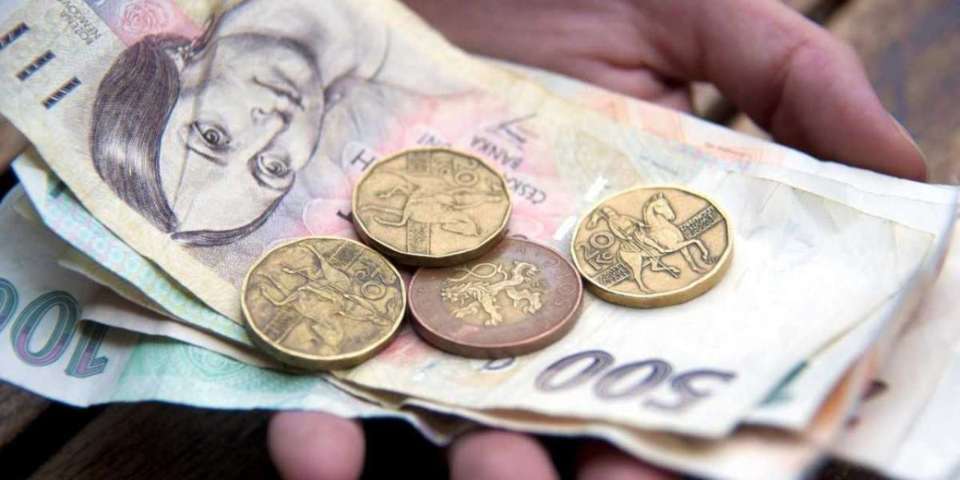The Czech Republic is considered a developed nation. A nation's stage of development is determined by a number of factors including, but not limited to, economic prosperity, life expectancy, income equality and quality of life. As a developed nation, the Czech Republic is able to offer its citizens social services such as public education, health care, and law enforcement. Citizens of developed countries enjoy a high standard of living and longer life expectancies than citizens of developing countries. The Czech Republic exports about US$161.4 billion and imports about US$143.4 billion each year. 2.4% of the country's population is unemployed. The total number of unemployed in the Czech Republic is 255,006. In the Czech Republic, 11% of the population lives below the poverty line. The percentage of citizens living below the poverty line in the Czech Republic is low, indicating that the economy is stable. Investors should consider the Czech Republic as a safe place for investments and other financial ventures. Government spending on education is 4.2% of GDP. The country's Gini index is 24.9. The Czech Republic experiences a high level of equality. The income differences between citizens are only slightly significant. The Czech Republic has a Human Development Index (HDI) of 0.861. The Czech Republic has a very high HDI value. This suggests that almost all citizens are able to live a desirable life because of social and economic support; Citizens with a low standard of living receive help and support and have the opportunity to rise in society. The Global Peace Index (GPI) for the Czech Republic is 1.341. Due to the strong presence of law enforcement agencies and high social responsibility, the Czech Republic is very safe in international comparison. The index of the strength of legal rights for the Czech Republic is 7. Overall, it is considered quite adequate - bankruptcy and collateral laws can at least adequately protect the rights of borrowers and lenders; Credit reports are usually sufficient and generally available.
Currency
The currency of the Czech Republic is the Czech koruna. There are several plural forms of the name "Czech koruna". These are Korun, Korunas, Koruny. The symbol used for this currency is Kč, abbreviated to CZK. The Czech koruna is divided into halers; There are 100 in a crown.
Credit rating
The credit rating depth index for the Czech Republic is 7, which means that the information is mostly sufficient and fairly detailed; Accessibility is not a problem. According to the rating agency SP, the Czech Republic has a credit rating of AA- and the prospects for this rating are stable. According to the Fitch rating agency, the Czech Republic has an A+ credit rating and the prospects for this rating are positive. According to Moody's rating agency, the Czech Republic has an A1 credit rating and the prospects for this rating are stable.
Central bank
The key interest rate of commercial banks in the Czech Republic is 4.7. In the Czech Republic, the institution that manages the state's currency, money supply and interest rates is called the Czech National Bank. Locally, the central bank of the Czech Republic is called Česká národní banka. The average interest rate on deposits offered by local banks in the Czech Republic is 0.7%.
National debt
The Czech Republic has a public debt equal to 37.02% of the country's gross domestic product (GDP) as estimated in 2014.
Control information
Corporate tax in the Czech Republic is 19%. Personal income tax ranges from 15% to 22% depending on your specific situation and income level. VAT in the Czech Republic is 21%.
Finances
The total Gross Domestic Product (GDP) assessed as Purchasing Power Parity (PPP) in Czech Republic is $315864 billion. The Gross Domestic Product (GDP) assessed as Purchasing Power Parity (PPP) per capita in Czech Republic was last recorded at $30 million. PPP in Czech Republic is considered to be below average when compared to other countries. Below average PPP indicates that citizens in this country find it difficult to purchase local goods. Local goods can include food, shelter, clothing, health care, personal care, essential furnishings, transportation and communication, laundry, and various types of insurance. Countries with below average PPP are dangerous locations for investments. The total Gross Domestic Product (GDP) in Czech Republic is 208,796 billion. Based on this statistic, Czech Republic is considered to have a medium economy. Countries with medium economies support an average number of industries and opportunities for investment. It should not be too difficult to find worthwhile investment opportunities in medium economies. The Gross Domestic Product (GDP) per capita in Czech Republic was last recorded at $20 million. The average citizen in Czech Republic has very low wealth. Countries with very low wealth per capita often have lower life expectancies and dramatically lower quality of living among citizens. It can be very difficult to find highly skilled workers in countries with very low wealth, as it is difficult for citizens to obtain the requisite education needed for specialized industries. However, labor can be found for very low rates when compared with countries with higher wealth per capita. GDP Annual Growth Rate in Czech Republic averaged 2.5% in 2014. According to this percentage, Czech Republic is currently experiencing modest growth.



